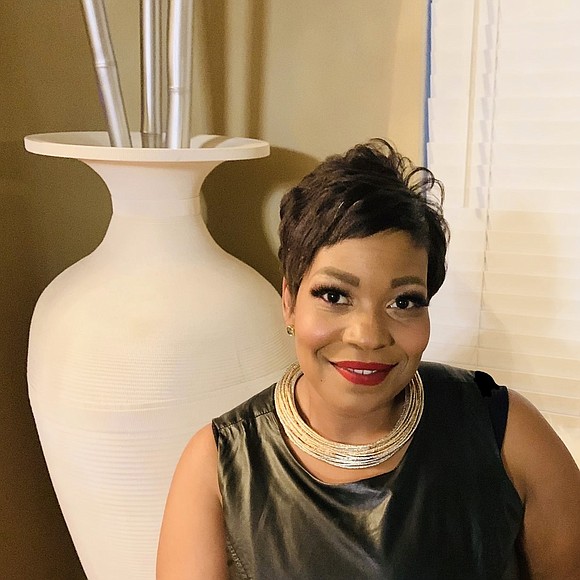Race in 2020: What Impact Will Identity Politics Have On the Upcoming Elections?
Nicole Gray | 7/12/2019, 9:39 a.m.
To be clear: I’m black and I’m proud! Some of you may recognize my intro from James Brown’s popular 1968 hit, “Say It Loud!” The song was an anthem with a call and response chorus that was not only infectious but also empowering. It starts with James Brown saying “Uh! Your bad self!” Then it jumps right into the call, “Say it Loud!” followed by a choir of children responding, “I’m black and I’m proud!” I remember singing the chorus as a child and feeling a sense of pride and connection as I and others who looked like me answered the call. It wasn’t until many years later that I actually ‘heard’ the lyrics and understood the struggle they represented. The song came near the close of a decade that began with two civil rights leaders at the helm of the black community, Martin Luther King, Jr. and Malcolm X. Each leader had his own philosophy and action plan but shared the same goal, black equality. The decade began with student sit-ins to protest whites-only policies at various establishments, followed by freedom rides and more racial violence and unrest. Martin Luther King, Jr. gave his “I Have a Dream” speech at the historic March on Washington in 1963 and the farthest-reaching federal legislation supporting racial equality was passed in the Civil Rights Act of 1964. At the time, for as many strides as blacks made, legally, they were met with more racial violence, church bombings, murders, and overall resistance.
By the time James Brown’s song hit the airwaves, the Voting Rights Act of 1965 and the Fair Housing Act of 1968 had been passed, but both leaders Malcolm and Martin had been killed. Martin Luther King, Jr.’s death was recent, occurring just months before the song was recorded, and the song’s lyrics expressed angst for true equality. Brown sang, “Some people say we got a lot of malice, some say it's a lotta nerve/But I say we won't quit movin' until we get what we deserve/We've been buked and we've been scorned/We've been treated bad, talked about as sure as you're born/But just as sure as it takes two eyes to make a pair/
Brother, we can't quit until we get our share.” The song gave a voice to those who had little more to offer the struggle than their chants but who desperately sought the social, economic and political equality that their comrades were fighting and dying for. Sadly, many of the issues, which spawn “Say it Loud!” in 1968, exist today. So, my wonder is how great of an impact will “black issues” have on the upcoming elections.
Recent years have seen a resurgence of racial violence, widening achievement gaps between white students and children of color, and disparities in minority home ownership for instance. But, of all the issues impacting the black community, the hot button issue of the moment is busing. The issue of busing came to the forefront of the Democratic debate when Sen. Kamala Harris (D-Calif.) criticized former vice president Joe Biden for opposing court-ordered busing in the 1970s. At the time, Biden was the first liberal Democrat to oppose court ordered busing which had been at that point a stance mainly held by segregationists in Congress. Biden, at the time, said of court-ordered busing that it was ‘an asinine concept, the utility of which has never been proven to me.” Harris capitalized on Biden’s stance on busing in the 1970s, insinuating that he is out of step on racial issues as we enter this election cycle.
Harris later said of Biden, “[t]here were forces and individuals and supposed leaders in our country who actively worked against the integration of schools based on race. That is what was happening at that time. That’s why busing was mandatory at that time.” Biden, after expressing regret for his recent remarks about working alongside segregationists in the Senate, defended his opposition to busing and argued that segregated housing is the more pertinent target. Biden further stated that “[he doesn’t] believe a child should have to get on a bus to attend a good school. There should be first-rate schools of quality in every neighborhood in this nation.”
From the exchange in debate and the following responses, my questions are as follows: 1) Will the race be used as bait this election cycle, per usual, or 2) Will we take an opportunity to get to the root causes of racial injustices and inequalities. Asking for a fellow voter.




